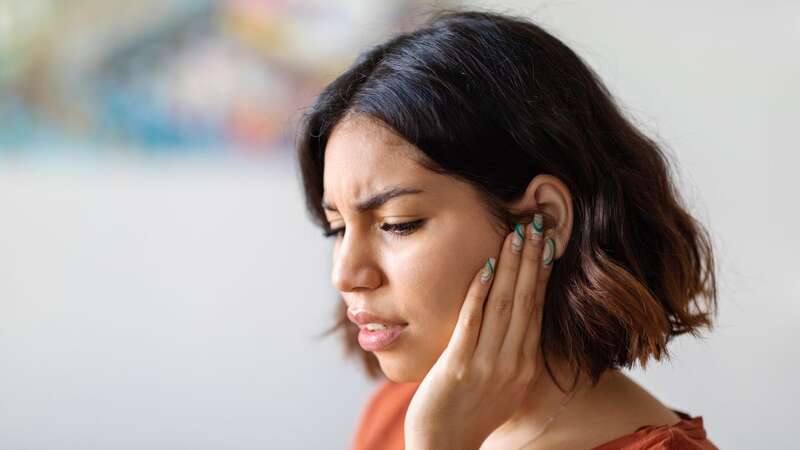
A Specsavers hearing specialist has issued a stark warning about the 'serious damage' young people are risking by blasting their music too loud.
Shocking new research indicates that nearly half of young adults aged 18-44 (42 per cent) are experiencing hearing problems, with one in five admitting these issues have impacted their lives. The World Health Organization (WHO) warns that an estimated 1.1 billion people globally could face hearing loss from unsafe listening habits. Regular concert-goers, particularly the 12 per cent of young adults attending gigs every few months, are among those at risk.
Alarmingly, 50 per cent of young adults have received 'noise alerts' on their phones for cranking up their tunes to potentially harmful volumes, and 42 per cent confess they've shrugged off these cautions. Gordon Harrison, Specsavers' chief audiologist, offers three essential tips to safeguard your ears and prevent future hearing loss, reports Bristol Live.
The 60/60 rule for headphones
He highlights the importance of the 60/60 rule when using headphones, noting that: "Headphones are useful, not just for music, but for taking calls, listening to podcasts and more. However, most phones these days have an alert that tells you when you've been listening to your music too loudly for a certain amount of time.
 New Covid variant XBB.1.5 is the 'most transmissible yet' warns the WHO
New Covid variant XBB.1.5 is the 'most transmissible yet' warns the WHO
"In the study, we found out that over two in five choose to ignore the warning and click 'close' rather than turning the volume down to an appropriate level. Listening to your music through your headphones loudly can damage your hair cells in your inner ear. These hair cells recognise sounds and transfer those sounds to your brain.
"Over time, this could do some serious damage to your overall hearing. The general rule of thumb is to only use headphones for up to 60 minutes a day, while at a volume of up to 60 per cent."
Limit loud noises - not just through headphones
Mr Harrison advised: "If you're out at a particularly loud event, such as a concert, you could look at where the speakers are when you enter the venue, and stand as far away from those speakers as you can. It might sound obvious, but music is not the only source of loud noise. Places such as sporting events and cinemas are loud, or even watching films in your own front living room at a high volume, especially if you're using a soundbar."
Live gigs? Try hearing protection
Mr Harrison said: "It might seem silly to go to an event that you've paid for and block some of the sounds you are there to hear, but that isn't what hearing protection does. Instead, it will allow you to listen to the gig or concert, while protecting the auditory system from damage to the hair cells when listening to extreme basses or drum noises. By wearing hearing protection, not only are you reducing the risk of hearing damage for the future, but you're also preventing that ringing sound in your ears that can occur after being exposed to loud noise."
The survey was carried out by Specsavers in March 2024, with 2,151 participants aged between 18 and 75 providing responses.
Read more similar news:
Comments:
comments powered by Disqus





























